
Initiatives and commitments
Listed below are the most significant sustainability-related initiatives and commitments of Sampo Group.
- UN Global Compact
- UN Principles for Responsible Investment (PRI)
- Science Based Targets initiative (SBTi)
- CDP
- UN Sustainable Development Goals
- Climate Action 100+
- Nasdaq ESG Transparency Partner
- FIBS, Finnish Business & Society
- Finsif, Finland’s Sustainable Investment Forum
Sampo plc has assessed the United Nations' (UN) Sustainable Development Goals (SDGs) and the underlying targets to identify the SDGs to which Sampo Group can contribute the most. During the project, all 17 SDGs and 169 underlying targets were evaluated in relation to Group’s businesses and sustainability themes.
According to the assessment, Sampo Group has a strong impact on SDGs 3, 5, 8, 12, and 13. Therefore, Sampo Group has chosen to focus on these goals. Sampo Group aims to contribute to the SDGs positively through, among other things, by improving the Group’s own operations, by being active in its respective communities, and by engaging with the value chains.
Sampo Group can also negatively affect the SDGs, for example, through the environmental impacts of its own operations and by enabling negative impacts through investee companies or insurance operations. To manage the possible negative impacts, investments are screened against sensitive sectors and international norms and standards. Sampo Group also seeks to be an active owner and to influence the companies it invests in. In terms of insurance operations, Sampo Group, for example, works together with its suppliers and other business partners to ensure sustainable supply chains, and use norms-based screening to ensure sustainable business practices among corporate clients.
SDG
The most relevant underlying SDG targets
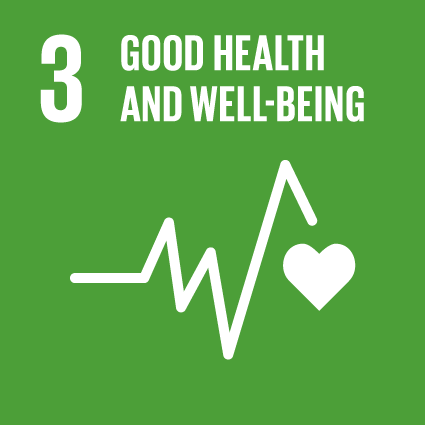
3.4 Promote mental health and well-being
3.6 Halve the number of global deaths and injuries from road traffic accidents
3.8 Achieve universal health coverage, including financial risk protection, access to quality essential health-care services and access to safe, effective, quality, and affordable essential medicines and vaccines for all
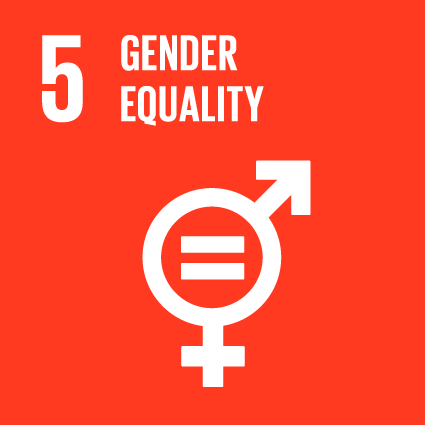
5.1 End all forms of discrimination against all women and girls everywhere
5.5 Ensure women’s equal opportunities in leadership at all levels of decision-making
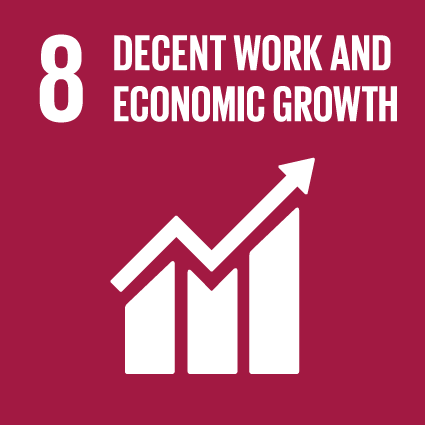
8.5 Achieve full and productive employment and decent work for all, including for young people and persons with disabilities, and equal pay for work of equal value
8.6 Substantially reduce the proportion of youth not in employment, education, or training
8.8 Provide a decent and attractive work environment that supports labor rights
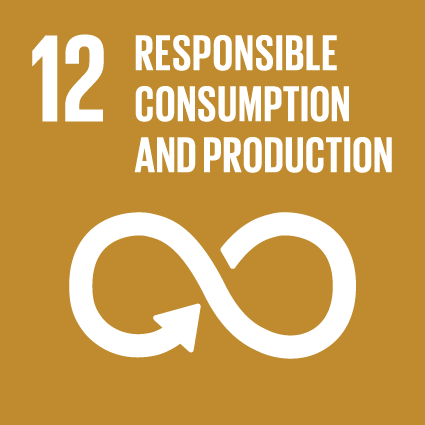
12.5 Reduce waste generation through prevention, reduction, recycling, and reuse
12.6 Encourage companies to adopt sustainable practices and to integrate sustainability information into their reporting cycle
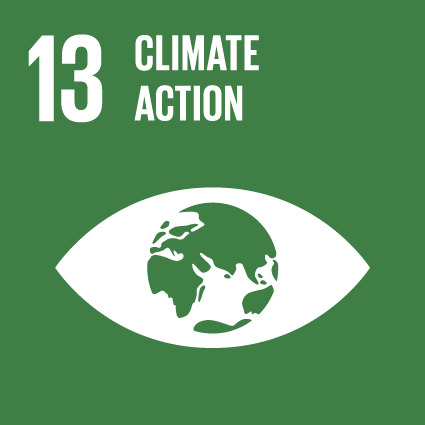
13.1 Strengthen resilience and adaptive capacity to climate-related hazards and natural disasters in all countries
13.2 Integrate climate change measures into policies, strategies, and planning
13.3 Improve education, awareness-raising, and human and institutional capacity for climate change mitigation, adaptation, impact reduction, and early warning
Updated